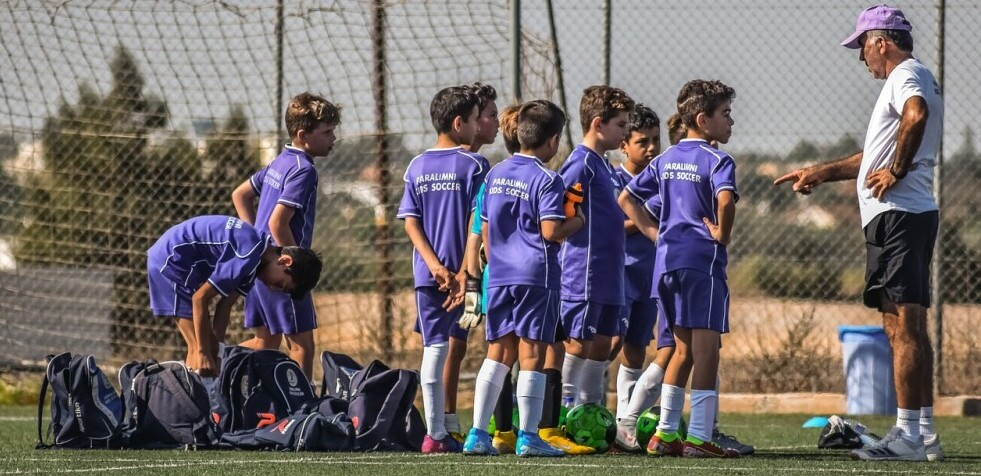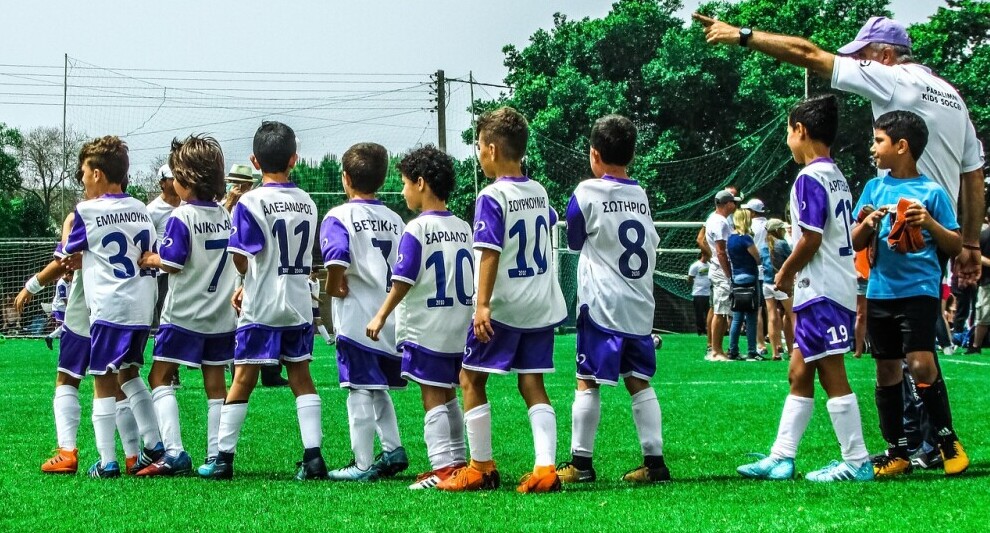
Sports psychology can be a game-changer for soccer teams. By focusing on mental strength, players can transcend their physical limits. Confidence is key. When players believe in themselves, their performance skyrockets. Integrating sports psychology into training sessions breeds this confidence. Players learn to manage stress, set realistic goals, and approach the game with a winning mindset.
Visualization is another powerful tool. It’s all about mentally rehearsing the game before stepping onto the pitch. Encouraging players to visualize their movements, passes, and goals makes the real performance more fluid. They’ve seen it all in their mind, so executing it feels like second nature. Coaches can guide these sessions, building each player’s confidence and readiness.
Unorthodox team-building exercises round out these psychological tactics. Moving beyond the usual drills, coaches can organize unusual activities that foster trust and camaraderie. Think activities that push players to work as one unit. Escape rooms, team obstacle courses, or even improve classes can close the gap between individual members and turn them into a tightly-knit team.
Seeing is believing. Successful use of psychological tactics by top coaches shows these methods work. Managers like Pep Guardiola have used these approaches to build mentally resilient teams. These psychological tactics aren’t just fancy add-ons; they’re integral to creating well-rounded, mentally strong players who can handle the pressures of the game.
Innovative Training Techniques: Breaking Away from Traditional Drills

Ditching conventional drills can inject fresh energy into soccer training. Integrating alternative sports is a fantastic way to develop diverse skills. Think basketball for agility, yoga for balance, or even martial arts for discipline. These cross-training activities keep players engaged and enhance their overall athleticism.
Embracing the great outdoors offers unique ways to build stamina and camaraderie. Outdoor adventure activities like hiking or mountain biking push players’ physical limits and teach perseverance. Plus, the shared struggle creates stronger bonds within the team, making everyone more cohesive when back on the field.
Technology can revolutionize training sessions. From wearables that track performance metrics to apps that simulate game scenarios, incorporating tech keeps training modern and relatable. Coaches can use data insights to tailor drills that address specific needs, resulting in smarter training sessions.
Real-world examples highlight the success of innovative techniques. Clubs like FC Barcelona have incorporated futsal (indoor soccer) training to sharpen close ball control. These sessions improve players’ technical skills, which translate directly to their performance on the larger field. By thinking outside the box, coaches offer players new challenges and opportunities to grow.
Adaptive Coaching: Tailoring Strategies to Individual Needs
No two players are the same, each bringing unique strengths and areas for improvement. Customizing training plans for individual athletes can harness their full potential. Assessing player performances and personalizing their drills ensures that everyone gets the attention they need.
Feedback loops play a crucial role in adaptive coaching. It’s about creating ongoing dialogues between players and coaches. Regular check-ins allow for adjustment of strategies based on the players’ experiences and challenges. This iterative approach ensures everyone progresses consistently.
On the pitch, flexibility is just as important. Employing adaptable game strategies means being ready to switch tactics on the fly. Whether it’s changing formations or shifting player roles, being nimble keeps the opposing team on their toes. Preparing for these quick adjustments during practice ensures seamless transitions in matches.
Inspirational stories abound in the soccer world. Managers like Jürgen Klopp excel in adaptive coaching, constantly tweaking strategies to suit his players’ strengths and the opponent’s weaknesses. His success shows the power of a flexible approach in achieving consistent team performance.
Culture-First Coaching: Building a Winning Mentality and Team Spirit
A positive team culture is the backbone of long-term success in soccer. Fostering an environment where players feel valued and connected enhances their on-field performance. The focus should be on creating a space where everyone is supportive and motivated.
Embedding cultural values into coaching helps in building a collective identity. Whether it’s emphasizing respect, teamwork, or perseverance, these values become the foundation of the team’s mentality. Coaches can integrate these values into everyday interactions and training sessions.
Life lessons learned on the field extend beyond soccer. Encouraging players to apply the lessons of discipline, hard work, and resilience in their daily lives enriches their personal growth. This holistic approach often translates into more dedicated and well-rounded players.
Off-field bonding activities solidify team spirit. Social events, team meals, or even community service projects build trust and camaraderie among players. These experiences strengthen their connection, making them play as a more united and cooperative unit.
Culture-first coaching is not just about immediate results but long-term success. Teams with a strong, positive culture often remain resilient through challenges, maintaining high morale and performance levels. Investing in a positive culture today fosters a sustainable winning mentality for the future.

